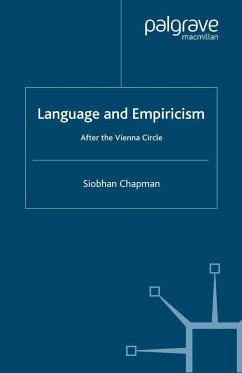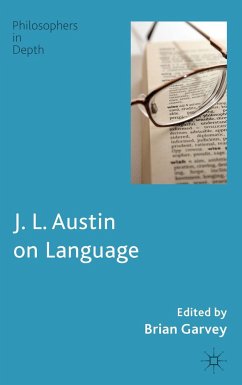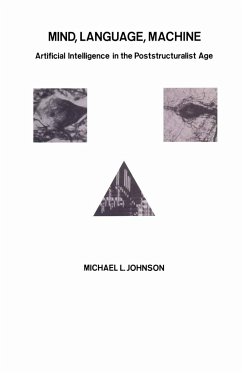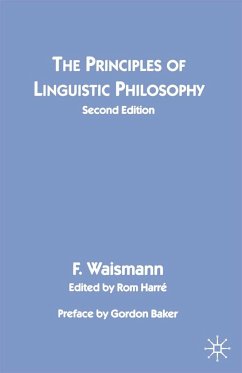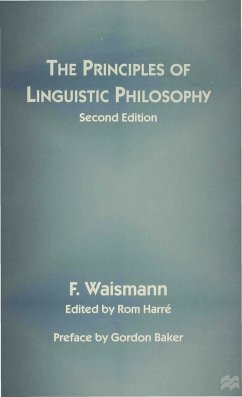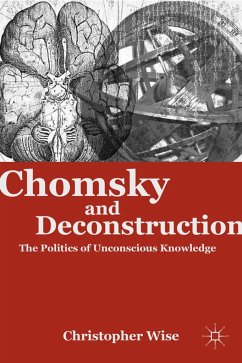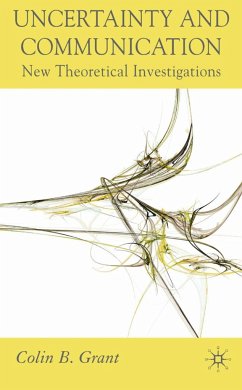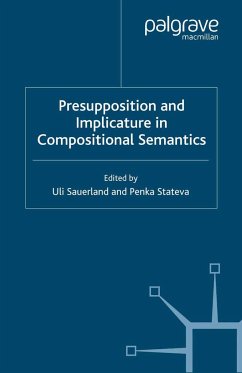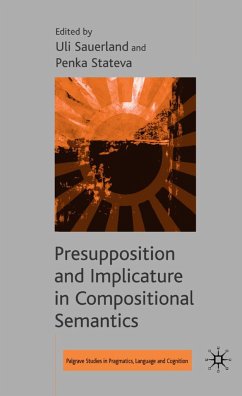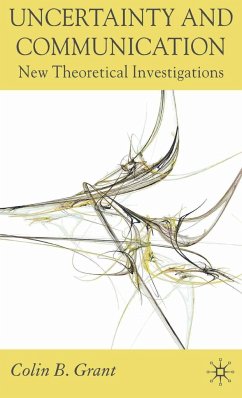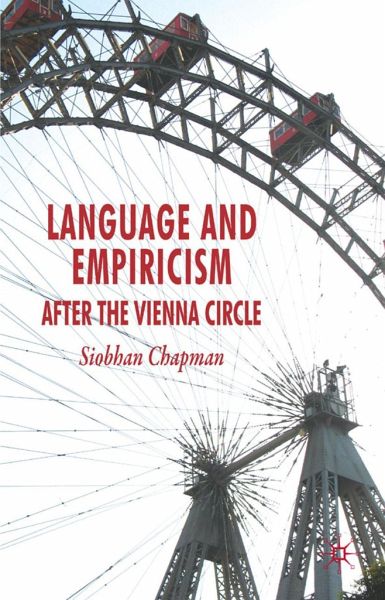
Language and Empiricism
After the Vienna Circle
Versandkostenfrei!
Versandfertig in 6-10 Tagen
38,99 €
inkl. MwSt.

PAYBACK Punkte
19 °P sammeln!
This book compares attitudes to empiricism in language study from mid-twentieth century philosophy of language and from present-day linguistics. It focuses on responses to the logical positivism of the Vienna Circle, particularly in the work of British philosopher J. L. Austin and the much less well-known work of Norwegian philosopher Arne Naess.
The author offers a new assessment of the influence of the Vienna Circle on language study, and considers its relevance to the debate in present-day linguistics about the relative merits of 'intuitive' and 'real life' sources of data.





